Description
The dried tuberous roots are adaptogen, antiaging, aphrodisiac, cooling, demulcent, diuretic, galactagogue, nutritive, stimulant and tonic. They are useful in spermatorrhoea, gleet and chronic leucorrhoea. Also useful in diarrhoea, dysentery, general debility, rheumatism, seminal weakness and erectile dysfunction. It increases immunity in the body and also increases the flow of milk in lactating mothers.
Recommended Dosage
5 to 10 g powder.
Contraindication
This herb has no known warnings or contraindications.
Safed Musli, General information
Binomial Name(s): Chlorophytum Borivilianum
Kingdom: Plantae
Class: Monocotyledons
Series: Coronarieae
Family: Liliaceae
Genus: Chlorophytum
Species: C. borivilianum
Popular Name(s): Safed Moosli, Shaqaqule, Dholi Musli, Khiruva, Shedheveli, Swetha Musli, Taniravi Thang
Parts Used: Seeds and roots
Habitat: Northern and western India
Description
Safed Musli is a medicinal plant, with small, usually white flowers, produced on sparse panicles up to 120 cm long. In some species of the plant, the panicle also bears plantlets, which take root on touching the ground. Since times immemorial, the tuber root and rhizome of the plant have been used for the purpose of curing human ailments and infections. Its use as an effective aphrodisiac agent has opened up channels for its commercial cultivation in a number of regions around the world. Its unparalleled therapeutic and medicinal properties have made it a key ingredient in the preparation of a number of Ayuvedic formulations. It is also gaining increased importance as a health-tonic, which boosts the general immune system of the body. The herb grows naturally in the central zones of India, as the temperature and climatic conditions prevailing there are suitable for its growth. Sandy loam soil, with suitable drainage system, is perfect for the growth of Safed Moosli. Due to its diverse medicinal benefits, the plant has been recognized as the sixth most important herb by the Medicinal Plants Board, to be preserved and protected.
Plant Chemicals
Safed Musli contains carbohydrates (35-45%), fiber (25-35%), alkaloids (15-25%), saponins (2-20%), and proteins (5-10%).
Uses & Benefits of Safed Musli
Safed musli is a very popular aphrodisiac agent, with no side effects. It is often prescribed for enhancing male potency and overcoming signs of fatigue. It is particularly used for individuals with low sperm count and low libido.
It is also regarded as an energy booster in asthmatic conditions. The roots of the herb are also used to strengthen the general immune system of the body.
The tuber roots of the plant have been used since ancient times, to prepare nutritive tonic for sexual weakness and is used in Ayurvedic medicines even today.
Safed musli proves useful as a nutritive tonic for both the mother and the fetus, during pregnancy and is also used to replenish the body fluids during the post-partum stage.
The herb improves the quantity and flow of breast milk, in feeding mothers.
It has many health promotional benefits. It is used to control and prevent obesity and its side effects.
The activities of vitamin C and antioxidant enzymes are also enhanced by the use of this plant species.
Research has indicated that the plant species is used for curing diabetes and arthritic conditions.
Safed musli is also beneficial in the treatment of natal and postnatal problems.
Its regular use causes increase in the level of High Density Lipoprotein (HDL or good cholesterol) and decrease in the plasma and hepatic lipid profiles.
Apart from rejuvenating the reproductive system, the herb prevents premature ejaculation and is also used in chronic leucorrhoea.
Caution
There are no known side effects of Safed Musli, if taken under prescribed doses. Higher doses may, however lead to gastrointestinal upset.
ﻣﻮﺻﻠﯽ ﺳﻔﯿﺪ
ﻣﺎہیت
ﻣﻮﺻﻠﯽ ﺳﻔﯿﺪ ﮐﺎ ﭘﻮﺩﺍ ڈیڑھ سے ﺩﻭ ﻓﭧ ﺍﻭﻧﭽﺎ ﮨﻮﺗﺎﮨﮯ ﺟﻮ ﻣﻮﺳﻢ ﺑﺮﺳﺎﺕ ﻣﯿﮟ ﭘﮩﺎﮌﻭﮞ ﮐﯽ ﮈﮬﻼﻧﻮﮞ ﭘﺮ ﺧﻮﺩﺭﻭ ﭘﯿﺪﺍﮨﻮﺗﺎﮨﮯ۔ﭘﺘﮯ ﮐﮭﺠﻮﺭ ﮐﮯ ﭘﺘﻮﮞ ﮐﯽ ﻃﺮﺡ ﻧﻮﮎ ﺩﺍﺭ ﺯﺭﺩﯼ ﻣﺎﺋﻞ ﺳﺒﺰ ﺟﻦ ﮐﺎ ﺫﺍﺋﻘﮧ ﻗﺪﺭﮮ ﻣﯿﭩﮭﺎ ﮐﮭﭩﺎ ﺍﻭﺭ ﺗﮭﻮﮌﺍ ﭼﮑﻨﺎﮨﻮﺗﺎﮨﮯ۔ﺳﺎﻭﻥ ﺑﮭﺎﺩﻭﮞ ﻣﯿﮟ ﭘﻮﺩﮮ ﮐﮯ ﺩﺭﻣﯿﺎﻥ ﺳﮯ ﮔﮭﯿﮑﻮﺍﺭ ﮐﯽ ﻃﺮﺡ ﭘﺘﮧ ﻧﮑﺎﻟﺘﺎﮨﮯ ﭘﮭﻮﻝ ﻣﺠﺰﯼ ﺟﺲ ﻣﯿﮟ ﭼﮫ ﭘﻨﮑﮭﮍﯾﺎﮞ ﮨﻮﺗﯽ ﮨﯿﮟ ۔ﭘﮭﻞ ﭼﮭﻮﭨﯽ ﺍﻻﺋﭽﯽ ﮐﮯ ﺑﺮﺍﺑﺮ ﮨﻮﺗﺎﮨﮯ ﻣﻮﺻﻠﯽ ﮐﯽ ﺟﮍ ﺗﯿﻦ ﺳﮯ ﭘﺎﻧﭻ ﺍﻧﭻ ﻟﻤﺒﯽ ﻧﮑﻠﺘﯽ ﮨﮯ۔ﮨﺮ ﭘﻮﺩﮮ ﮐﮯ ﻧﯿﭽﮯ ﭼﮫ ﺳﺎﺕ ﻣﻮﺻﻠﯿﺎﮞ ﮨﻮﺗﯽ ﮨﯿﮟ ﺟﻮ ﺷﮑﻦ ﺩﺍﺭ ﺳﻔﯿﺪ ﮨﻮﺗﯽ ﮨﮯ ﺍﻭﺭﺍﻥ ﮐﺎ ﻣﺰﮦ ﭘﮭﯿﮑﺎ ﻟﻌﺎﺏ ﺩﺍﺭ ﮨﻮﺗﺎﮨﮯ ﺍﻥ ﺟﮍﻭﮞ ﮐﻮ ﺑﮭﺎﺩﻭﮞ ﮐﮯ ﺁﺧﺮ ﻣﯿﮟ ﺍﮐﮭﺎﮌ ﻟﯿﺎﺟﺎﺗﺎﮨﮯ۔
ﻣﻘﺎﻡ ﭘﯿﺪﺍﺋﺶ ۔
ﮐﺸﻤﯿﺮ ،ﮐﻮﮦ ﻣﺮﯼ ،ﮈﻟﮩﻮﺯﯼ ،ﺷﻤﻠﮧ ﭼﮑﺮﻭﺗﮧ ﮐﮯ ﻋﻼﻭﮦ ﺳﺖ ﭘﮍﺍ ﮐﻮﮦ ﺍﺭﻭﻟﯽ ﺍﻭﺭ ﭘﺮﺑﺖ ﺑﻨﺪﮬﯿﺎ ﭼﻞ ﻭﻏﯿﺮﮦ ﭘﺮ ﭘﯿﺪﺍﮐﺮﺗﯽ ﮨﮯ۔
ﺍﻗﺴﺎﻡ ۔
ﻣﻮﺻﻠﯽ ﮐﯽ ﺍﯾﮏ ﻗﺴﻢ ﺍﻭﺭ ﮨﮯ ﺟﻮ ﺑﮩﺖ ﭼﮭﻮﭨﯽ ﮨﻮﺗﯽ ﮨﮯ ﺍﺱ ﮐﻮ ﻣﻮﺻﻠﯽ ﺩﮐﮭﻨﯽ ﮐﮩﺘﮯ ﮨﯿﮟ ﺍﻭﺭ ﺗﯿﺴﺮﯼ ﻣﻮﺻﻠﯽ ﺳﯿﺎﮦ ﮨﮯ۔
ﻣﺰﺍﺝ ۔ ﮔﺮﻡ ﺍﯾﮏ ﺧﺸﮏ ﺩﺭﺟﮧ ﺩﻭﻡ۔
ﺍﻓﻌﺎﻝ ۔ ﻣﻘﻮﯼ ﺑﺎﮦ ،ﻣﻮﻟﺪ ﻣﻨﯽ ﻣﻐﻠﻆ ﻣﻨﯽ۔
ﺍﺳﺘﻌﻤﺎﻝ ۔
ﻣﻮﺻﻠﯽ ﺑﺪﻥ ﮐﻮ ﻣﻀﺒﻮﻁ ﺑﻨﺎﺗﯽ ﮨﮯ۔ﺑﺎﮦ ﮐﻮ ﺣﺮﮐﺖ ﺩﯾﺘﯽ ﮨﮯ۔ ﻣﻨﯽ ﮐﻮ ﮔﺎﮌﮬﺎ ﺍﻭﺭ ﺯﯾﺎﺩﮦ ﮐﺮﺗﯽ ﮨﮯ ﻣﻮﺻﻠﯽ ﮐﺎ ﺳﻔﻮﻑ ﮨﻢ ﻭﺯﻥ ﺷﮑﺮ ﮐﮯ ﮨﻤﺮﺍﮦ ﺑﻨﺎﮐﺮ ﺿﻌﻒ ﺍﻭﺭ ﺑﺎﮦ ﺍﻭﺭ ﺟﺮﯾﺎﻥ ﻣﯿﮟ ﮐﮭﻼﻧﺎ ﺑﮯ ﺣﺪ ﻣﻔﯿﺪﻭ ﻣﺠﺮﺏ ﻭ ﻣﺸﮩﻮﺭ ﮨﮯ۔ﻋﻼﻭﮦ ﺍﺯﯾﮟ ﻣﻘﻮﯼ ﺑﺎﮦ ﺍﻭﺭ ﺩﺍﻓﻊ ﺟﺮﯾﺎﻥ ﯾﺎ ﻣﻐﻠﻆ ﻣﻌﺎﺟﯿﻦ ﺍﻭﺭﺳﻔﻮﻓﺎﺕ ﮐﺎ ﺍﮨﻢ ﺗﺮﯾﻦ ﺟﺰﻭ ﮨﮯ۔ ﺛﻌﻠﺐ ﻣﺼﺮﯼ ﮐﯽ ﻋﻤﺪﮦ ﻗﺎﺋﻢ ﻣﻘﺎﻡ ﮨﮯ۔
ﻧﻔﻊ ﺧﺎﺹ ۔ ﻣﻘﻮﯼ ﺑﺎﮦ ﻭ ﻣﻐﻠﻆ ۔
ﻣﺼﻠﺢ ۔ ﺷﮑﺮ ﺑﺪﻝ ۔
ﺍﯾﮏ ﻗﺴﻢ ﺩﻭﺳﺮﯼ ﻗﺴﻢ ﮐﺎ ﺑﺪﻝ ﮨﮯ۔
ﻣﻘﺪﺍﺭﺧﻮﺭﺍﮎ ۔ ﭘﺎﻧﭻ ﺳﮯ ﺳﺎﺕ ﮔﺮﺍﻡ ۔




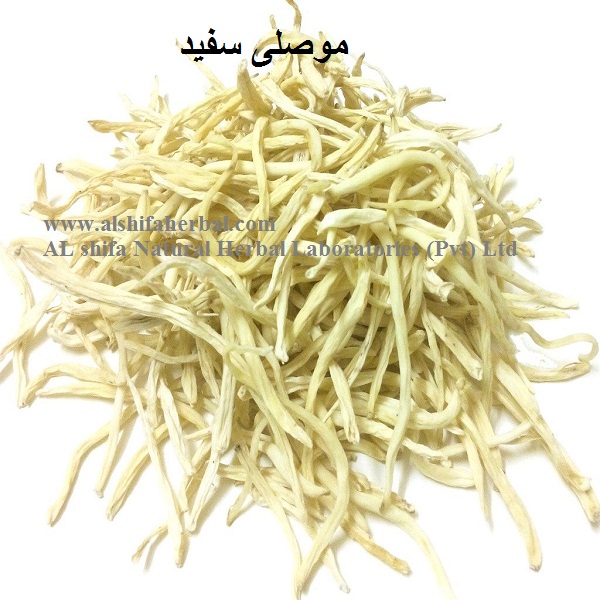
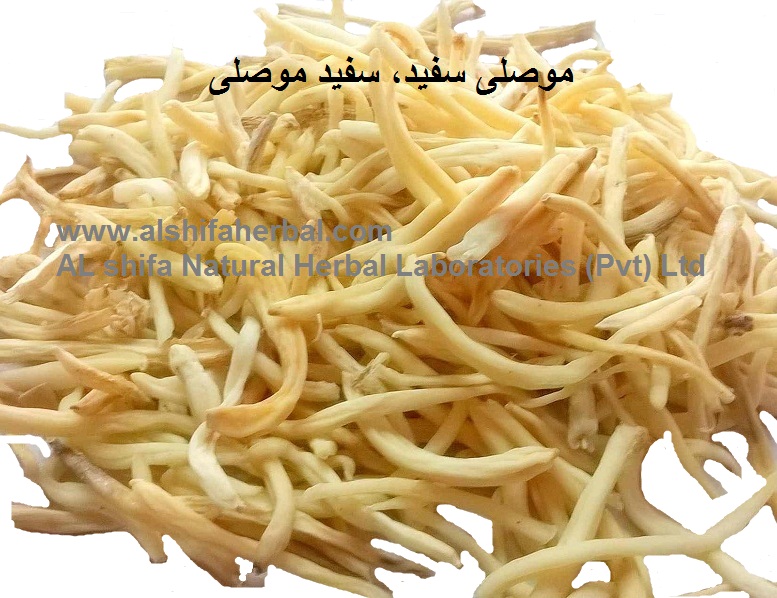
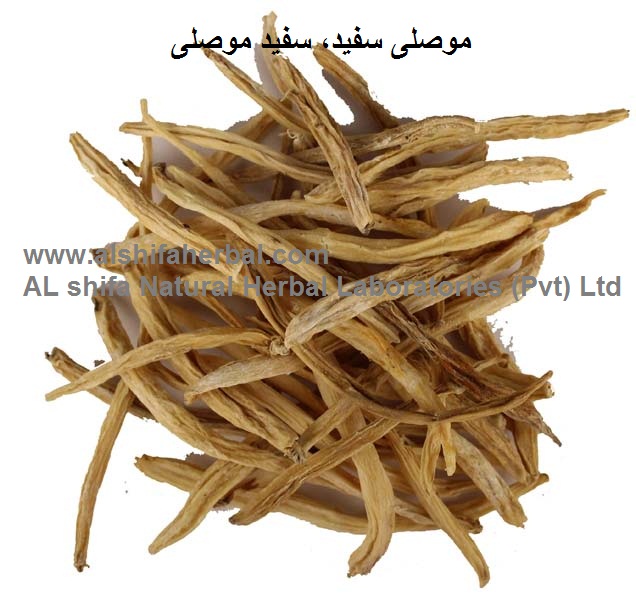
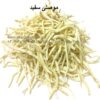
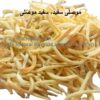
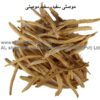
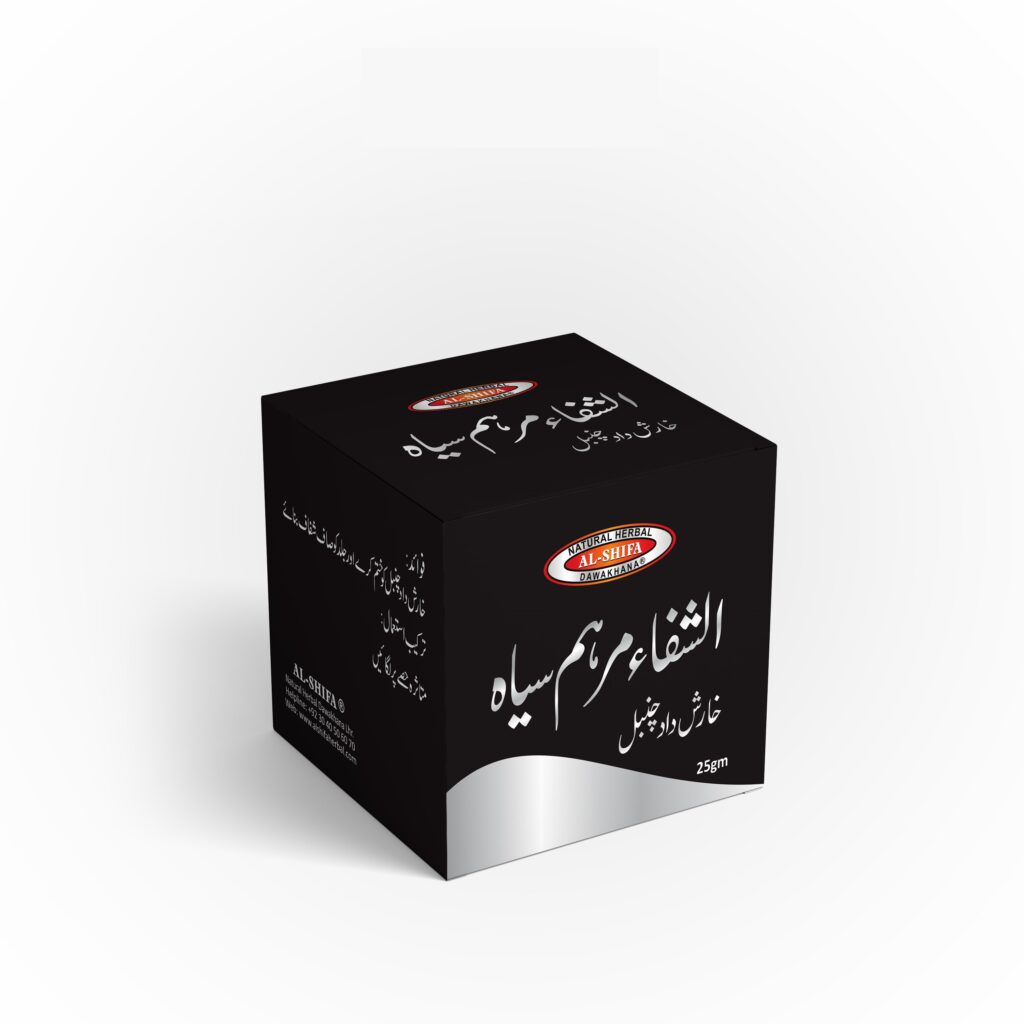
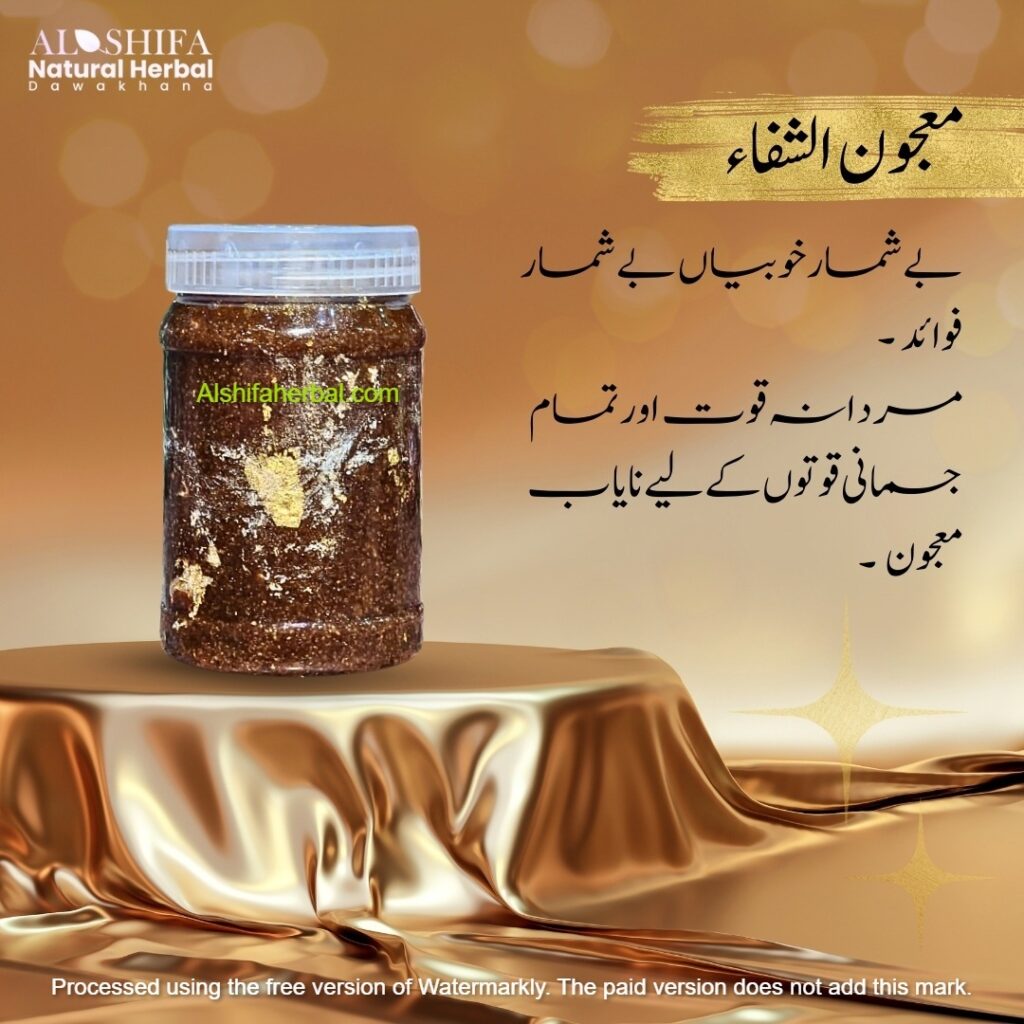
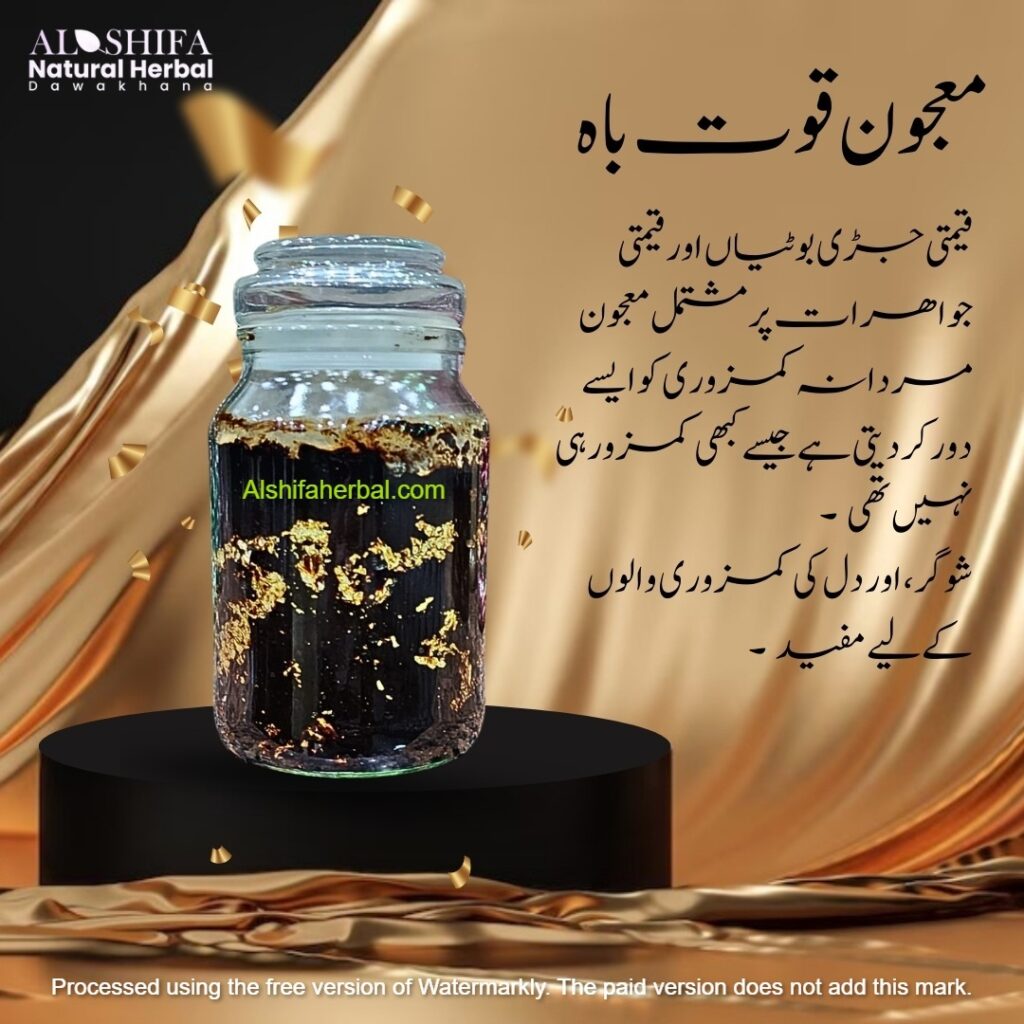
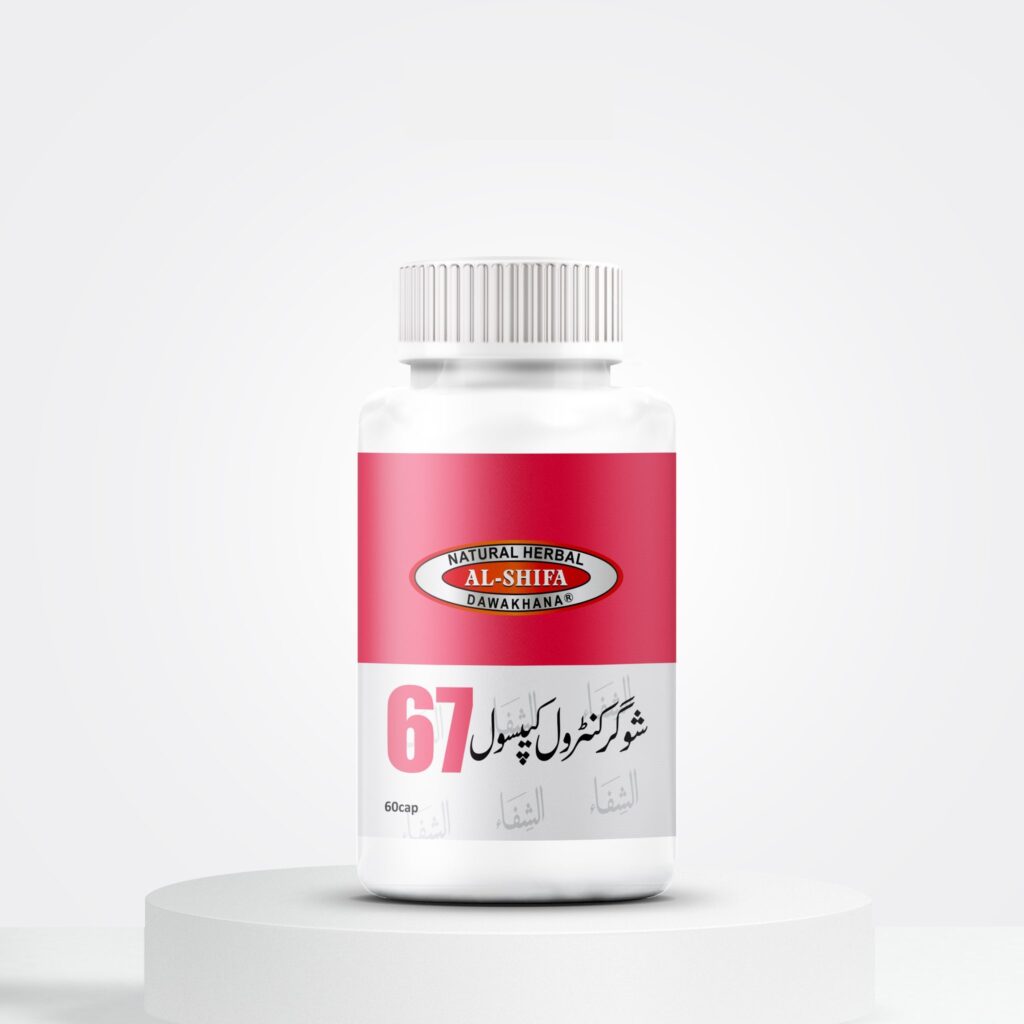
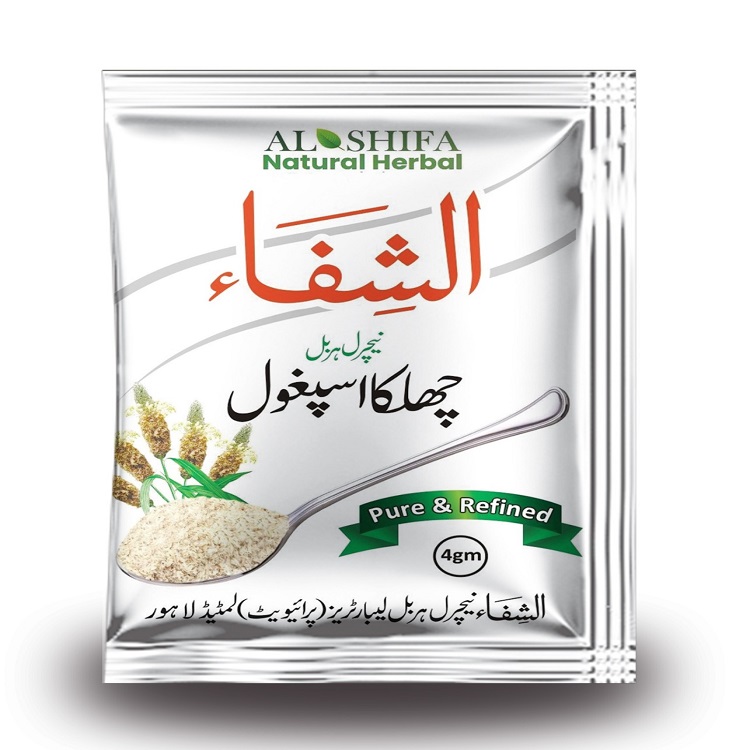



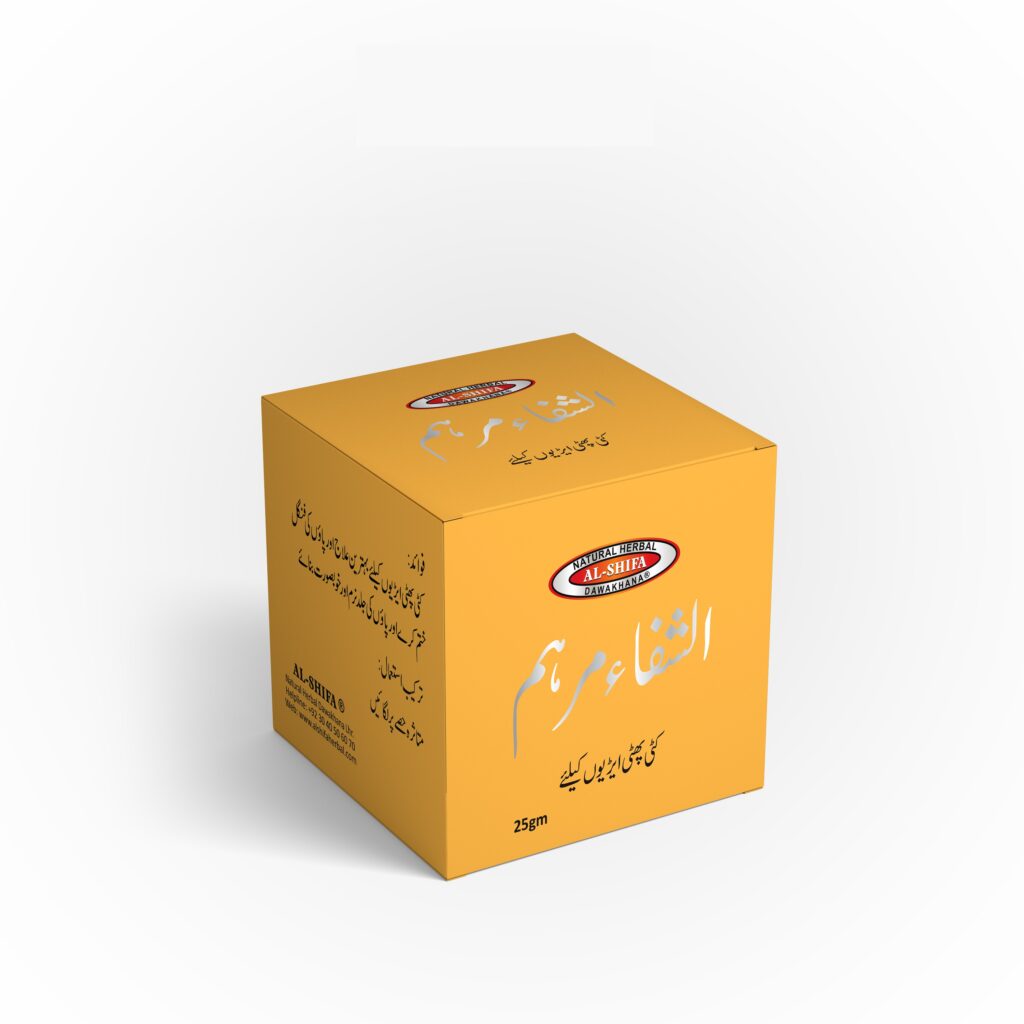



Reviews
There are no reviews yet.